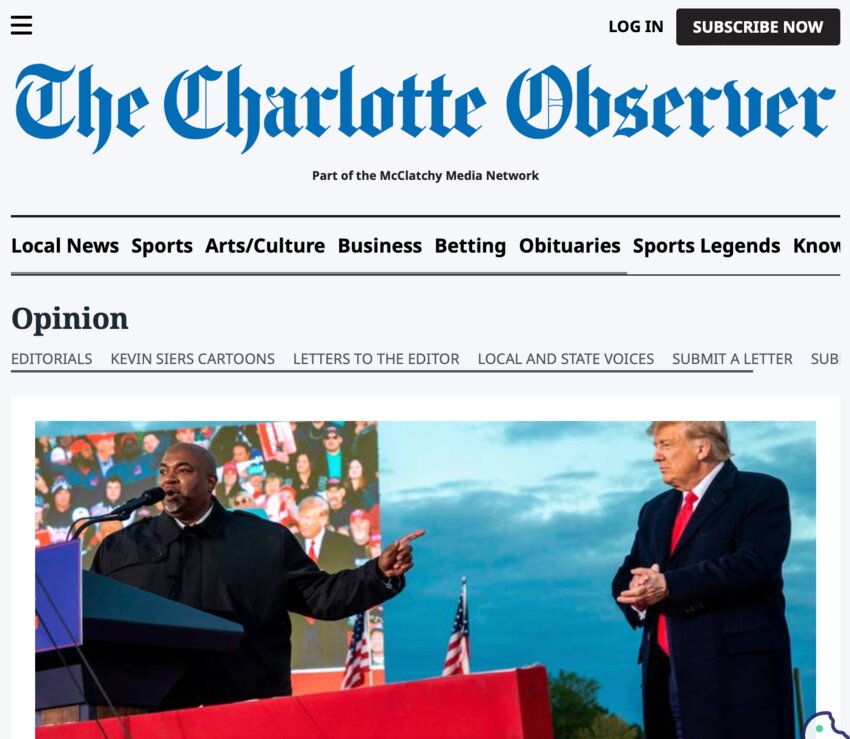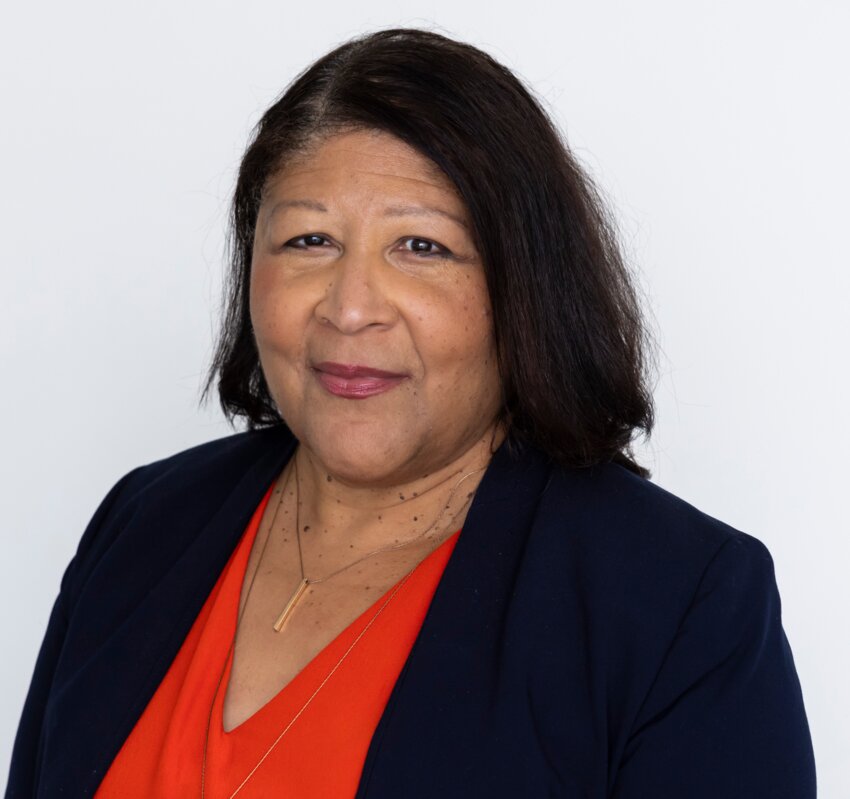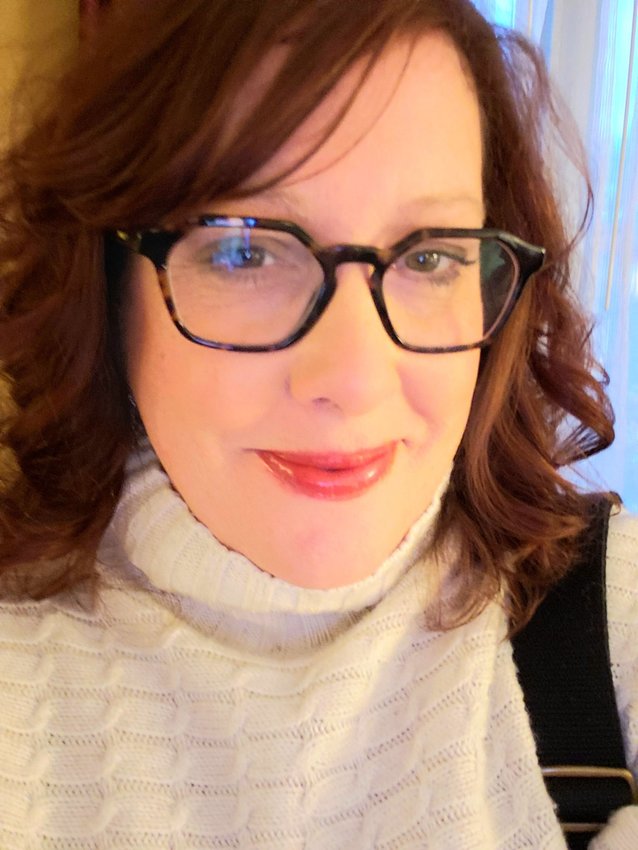In recent years, the news community has debated about how to better distinguish opinion pages from “straight news;” whether carrying opinions at all somehow undermines the credibility of a news brand; and whether news outlets should invest in editorial pages. In fact, there is a great deal of return on that investment.
Julieta Chiquillo joined The Dallas Morning News’ newsroom in 2010. Through 2019, she served in various roles, including covering breaking news and local government for the metro desk. After a brief period of time off to have her son, she returned to the paper in 2020 as deputy editorial page editor.
“What I really love about the editorial page is that it is anchored in robust reporting, just as the work the newsroom does,” Chiquillo said.
The editorial team comprises five full-time writers, one part-time writer, a year-long fellow and an intern. “The six writers include Rudy Bush, the editorial page editor and me. We all write, including those of us in editor roles,” she explained.
The team publishes 13 editorial columns a week — two a day, except for Saturday, when there is just one column. They also have a bullpen of op-ed contributors.
Chiquillo is aware of common criticism about editorial columns — that some readers “just want the facts.” What they may not understand is that the best opinion writing is supported by facts, she contended.
Opinion columns must meet the paper’s standards.
“The adjudication process is not dissimilar from the newsroom standards,” she explained. “Is the piece written well? Is it factual? Is it fair?”
“And we want op-eds that we run to be based in fact,” she said.
From time to time, the editorials address national issues, but more often, they focus on local or statewide concerns. While some news brands have shied away from political endorsements, this editorial board leans into them.
“We invite candidates to come and meet with us. We ask them about their platforms — their views. And based on those interviews and other reporting work, we make a recommendation,” Chiquillo said. “That is work that gets a lot of reader feedback. Some of the races that we cover don’t get a lot of news coverage, so sometimes that editorial recommendation may be the only piece of reporting — or one of a few pieces of reporting — that readers come across regarding that race.”
The Dallas Morning News also publishes op-eds as part of its Viewpoints page and welcomes letters to the editor with certain conditions. They must be signed and include verifiable information, like address and phone number. They must be brief, timely, interesting and not redundant to previously published missives.
“Our readers appreciate reading what other people are saying. We get notes that say, ‘I’m glad you published these letters because even if I disagree with those writers’ perspectives, it gives me a sense of what other people are thinking.’ … Our readers are, by and large, polite people. It’s a nice reminder of what we have in common — and that we can disagree and still be pleasant with each other,” she said.
Chiquillo sees the opinion pages as a way to converse with the community and explore different perspectives on local issues. “Having that conversation through an editorial and op-ed page is really important. I’m glad to work at a newspaper where we have that space. The election recommendations, along with the work we do the rest of the year, bring a lot of value to our readers,” she concluded.
Moving conversations forward

Peter St. Onge’s career in news has taken him to “every corner of the newsroom.” In 1999, he joined the newsroom at The Charlotte Observer. In 2010, he joined the Observer's editorial board, and by 2019, his role had expanded. He’s the editorial page editor at The Observer, Raleigh News & Observer, and Durham Herald-Sun, as well as the opinion editor for all McClatchy titles.
St. Onge has implemented best practices across the titles, but he also likes to ensure that opinion editors at all the papers have “independence and autonomy.” This enables them to be keenly, locally focused.
“If we write about a national issue, we went to do it with a local lens,” he said. “If we’re writing about the 2024 elections and national races, we want to do it in a way that’s meaningful to our local readers. There are a lot of voices out there commenting on national issues, and we want our readers to understand that we’re bringing them something different.”

“We want our content to be urgent. We want to meet readers where they are and when they are interested in topics. … We want our content to be deeply reported, and we do a lot of enterprise work on the opinion pages,” he added. “We want to ensure that we're well-sourced and talking to folks who agree and disagree with us.”
As opinion editor, St. Onge monitors audience metrics, which he said informs their coverage.
“We learned, for example, that when we’re urgent with readers, that really resonates with them, and our readership expands when we are,” he said. “We also learned that when we do enterprise work and hold leaders accountable with deep reporting, that also resonates with readers. … We want to move conversations forward.”
McClatchy”s editorial teams are growing, and he’s seen other news publishers, including national dailies, reinvest in opinion.
“I know that there are a lot of ways that newspapers and media can be meaningful for people in their community, and I know that opinion is one of them,” he said.
A paper’s personality

Lorraine Forte is the opinion editor at the Chicago Sun-Times, a role she took on in 2021.
In the 1990s, Forte was a reporter for the Sun-Times. She later worked in nonprofit news outlets, covering education and public policy. She returned to the Sun-Times as an editorial writer, ultimately becoming editor.
“I don’t think you can be a good editorial writer or edit op-eds unless you have good news judgment and some reporting background,” Forte said.
The editorial team produces as many as five editorials a week and also picks up op-eds from syndicated columnists.
There’s a process in place for deciding what to publish. “We look for a timely topic and whether the person has some expertise. Are they involved with the issue? It’s fine if someone’s an activist and they want to write, as long as they disclose it,” she said. “What they write needs to be fact-checked, and we ask people to provide links to sources. Also, does what they’re saying make sense?”
Personal attacks and commercialism are non-starters.
“We don’t have a paywall, which has its minuses, because people don’t have to pay to read us. But the plus side is that our editorials get a lot of traffic. And it’s not that they’re just clicking on it for 10 seconds, either. People spend time on our pieces,” Forte said.
Occasionally, a sweeping national concern demands their attention — for example, when Roe v. Wade was overturned.
“But most of the time, it’s local, regional or statewide issues,” she explained. On rare occasions, they’ve published pieces about international news, such as the war in Ukraine. Chicago has a vibrant Ukrainian population.
When the Sun-Times shifted to a nonprofit model, it ceased political endorsements. It wasn’t the first time they’d stopped publishing them.
“In 2012-2013, the owners decided we wouldn’t do endorsements anymore. There was an outcry from readers, and they ended up bringing them back,” she recalled. “When I first came to the editorial board, I was quickly thrown into this endorsement process, which is grueling. We made it a point to interview everybody in person. It’s a ton of work. But when we stopped doing it this time, I wrote an editorial explaining that we’re a nonprofit now, and while we can’t do endorsements, there would still be a voter guide.”
When E&P spoke with Forte, they weren’t enabling website comments, though it was “in the works.” Perhaps partly because of that, they receive a considerable number of letters to the editor each week, especially when the newsroom produces groundbreaking investigative pieces.
The week before, they’d published an editorial about a proposed merger between two of the country's largest supermarket chains — a national story with local consequences.
“The public needs to know if it would make their groceries cheaper or more expensive because they’re creating a monopoly. We got a lot of feedback on that, people thanking us for writing it and that they hoped the merger wouldn’t go through,” she said.
Forte sees opinion pages as essential to news publishing. “I think it’s part of what gives the newspaper a personality and creates a sense of community,” she said. “Otherwise, you’re just a collection of news stories.”
 Gretchen A. Peck is a contributing editor to Editor & Publisher. She's reported for E&P since 2010 and welcomes comments at gretchenapeck@gmail.com.
Gretchen A. Peck is a contributing editor to Editor & Publisher. She's reported for E&P since 2010 and welcomes comments at gretchenapeck@gmail.com.
Comments
No comments on this item Please log in to comment by clicking here